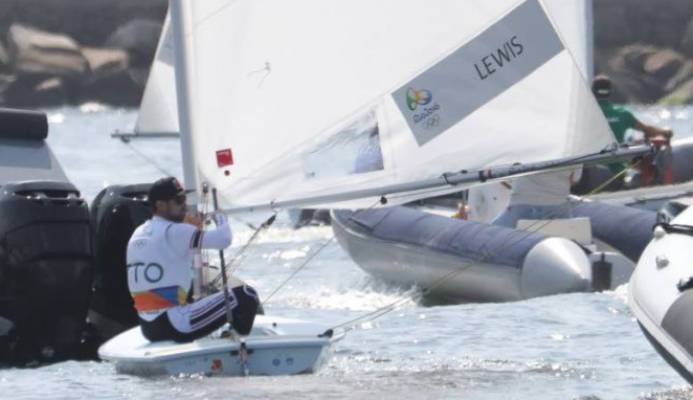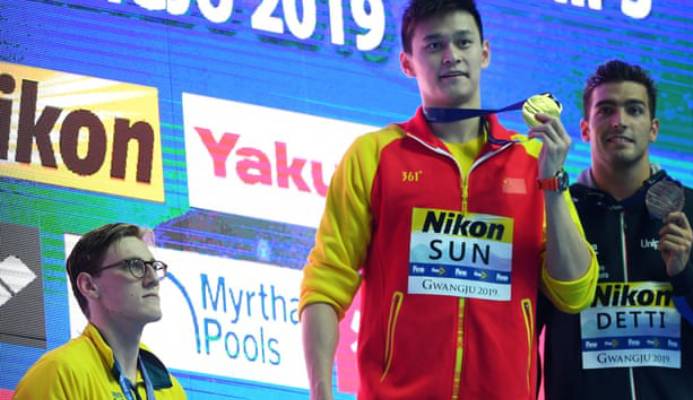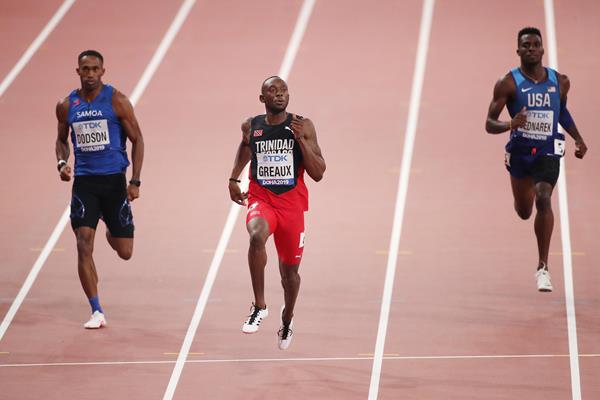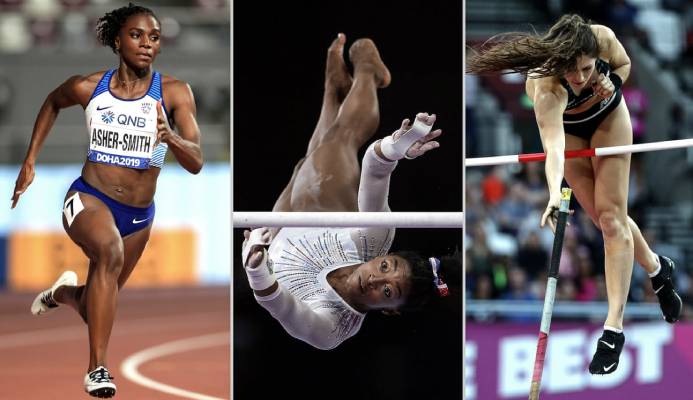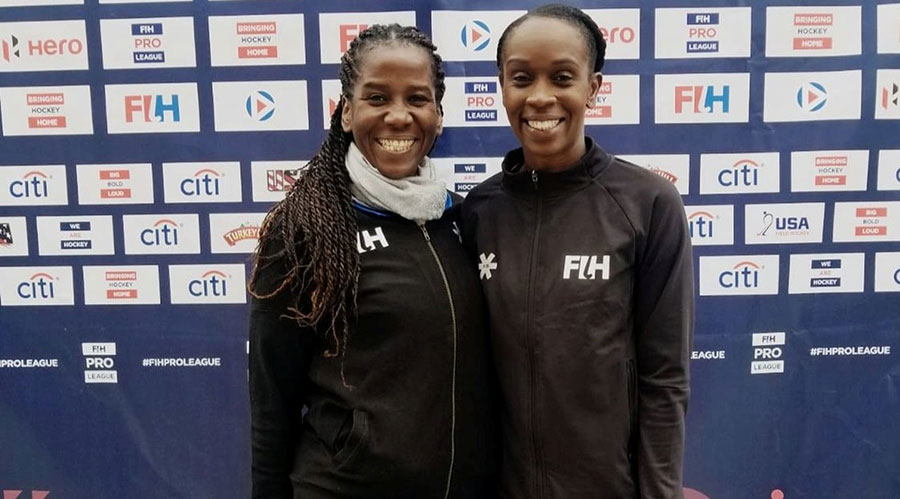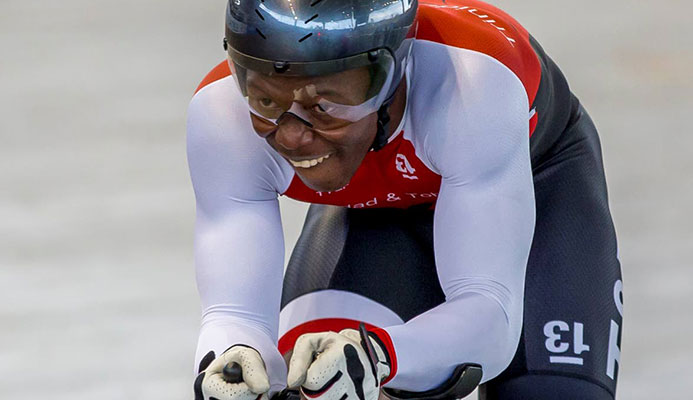TT's Andrew Lewis has booked his spot in the 2020 Olympic Games, in Tokyo, Japan. The sailor finished fourth in the men's laser medal race at the Hempel World Cup Series in Miami, Florida, on Saturday.
GAMES
IOC lays down law over Olympic protests by athletes in Tokyo
- Sanctions for raising fists or taking a knee at 2020 Games
- Previous protests ‘had no effect whatsoever’, says IOC
After reaching world final, late starter Greaux looks to go one better in Tokyo
The journey of each elite athlete is preciously unique – and this is particularly true of world 200m finalist Kyle Greaux.
Twenty athletes set to light up the Tokyo 2020 Olympics
Our writers choose the Olympians likely to make the headlines at the most anticipated sporting event of the year
T&T's Richardson, Mc Lean get Olympic picks
Former national women's team hockey duo, Reyah Richardson and Ayanna Mc Clean will be flying this country's flag high at next year's Olympic Games in Tokyo, Japan after being handed Federation International Hockey (FIH) appointments.
TT cyclists aim for podium spots at 2020 Olympics
NICHOLAS Paul was born on September 23, 1998 to Darren and Nicole Paul. The cyclist turns 21 today.

